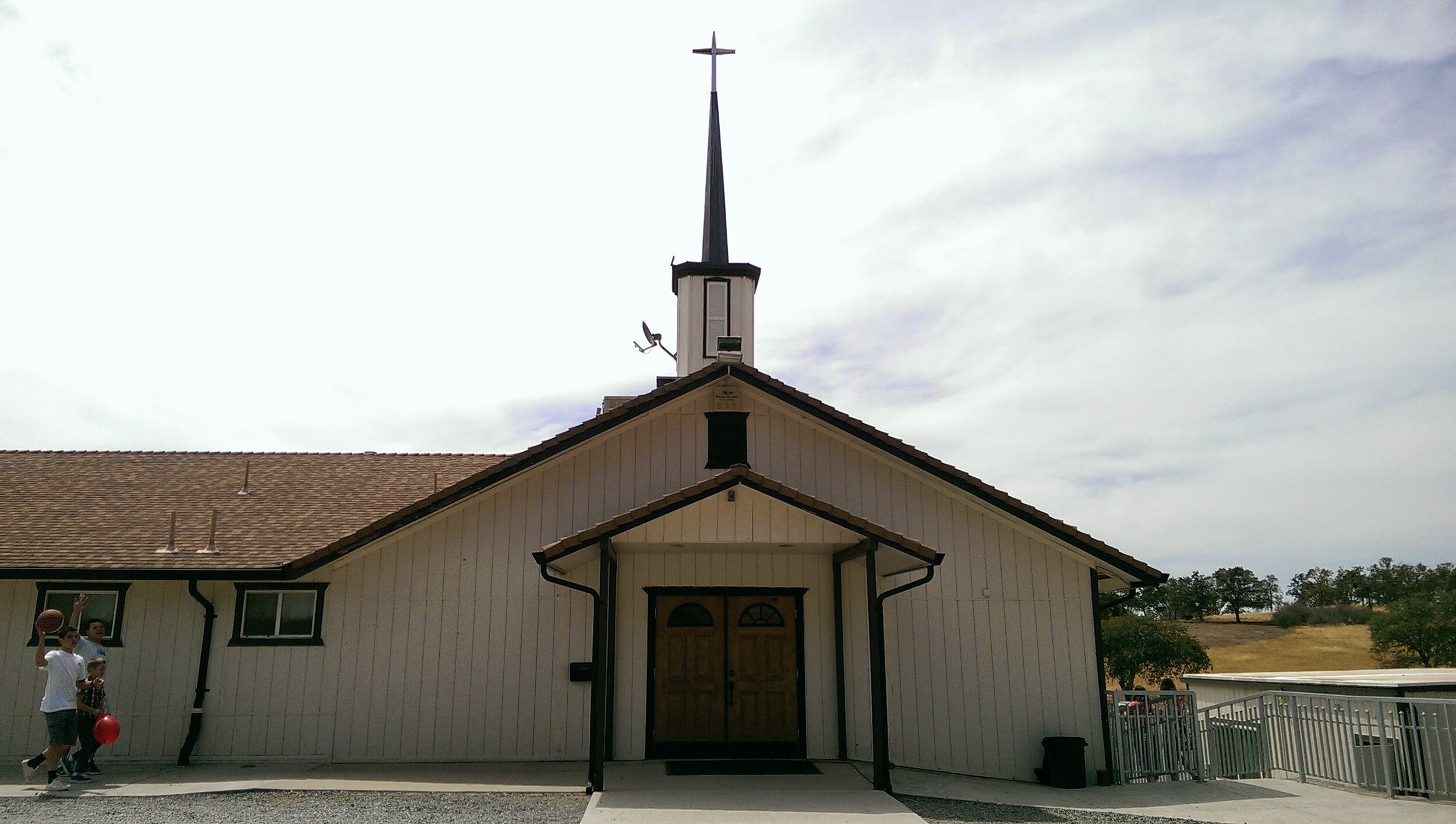I actually had hair at one time. I used to be able to eat an extra-large pizza all by myself. I could run a mile in under 5 ½ minutes a long time ago. I would split wood all day for months on end with a 10-pound splitting maul. I used to drive cars without air conditioning. I did drink five large milkshakes in a row back in college. I was the kid with such a bad reputation at school that when my youngest brother went there five years later teachers fretted, ‘Oh No! Another Frei!”
I am sure, you too have your own list of what you once were and did (Why not send me a sampling – dergermanshepherd@gmail.com), but your present reality is much different. John Newton, the vile slave trader turned preacher, captured the “I once …, but now …” with these famous words:
“Amazing grace! How sweet the sound / That saved a wretch like me! / I once was lost, but now am found / Was blind, but now I see.” This of course is the scenario God is waiting for, Christ died for, and the church exists for each one of us.
That what we were is no longer be who we are, that through God’s grace in Christ each one of us will be brought from death to life, from sin and futility to holiness and good works, “Once you were dead because of your disobedience and your many sins. You used to live in sin, just like the rest of the world, obeying the devil—the commander of the powers in the unseen world. He is the spirit at work in the hearts of those who refuse to obey God. All of us used to live that way, following the passionate desires and inclinations of our sinful nature. By our very nature we were subject to God’s anger, just like everyone else. But God is so rich in mercy, and he loved us so much, that even though we were dead because of our sins, he gave us life when he raised Christ from the dead. (It is only by God’s grace that you have been saved!) For he raised us from the dead along with Christ and seated us with him in the heavenly realms because we are united with Christ Jesus. So God can point to us in all future ages as examples of the incredible wealth of his grace and kindness toward us, as shown in all he has done for us who are united with Christ Jesus.God saved you by his grace when you believed. And you can’t take credit for this; it is a gift from God. Salvation is not a reward for the good things we have done, so none of us can boast about it. For we are God’s masterpiece. He has created us anew in Christ Jesus, so we can do the good things he planned for us long ago” Ephesians 2:1-10 (NLT2).
Salvation also means transformation, the church word for that is sanctification, which means being set apart for holy use. Who and what we were is no longer who we are. We are, with God’s help, continually changing for the better, becoming more and more like Jesus. I understand this with my head, but it sure is easy to act like who I once was rather than in congruence with who I now am in Christ. I am always just one decision, one careless word, one rash response away from acting like the old sinner rather than the new person I am in Christ.
Brothers and sisters in Christ, we have no business acting and sounding like who we once were, being identified by the sinful behaviors and attitudes of our old life. We are not called to the old nor to go backward, but we should be a living illustration of what Rufus McDaniel wrote, “What a wonderful change in my life has been wrought Since Jesus came into my heart!”
To God be all glory. Love you, Pastor Hans
